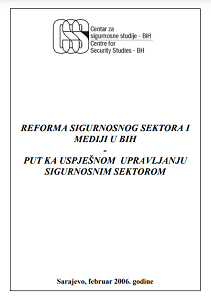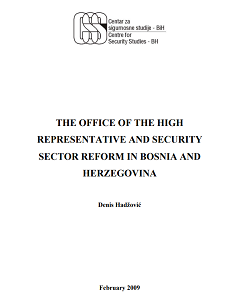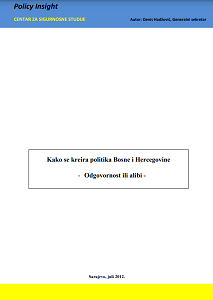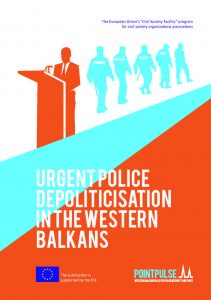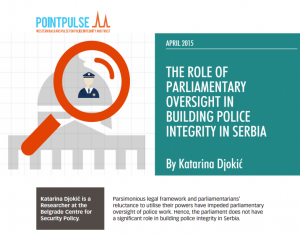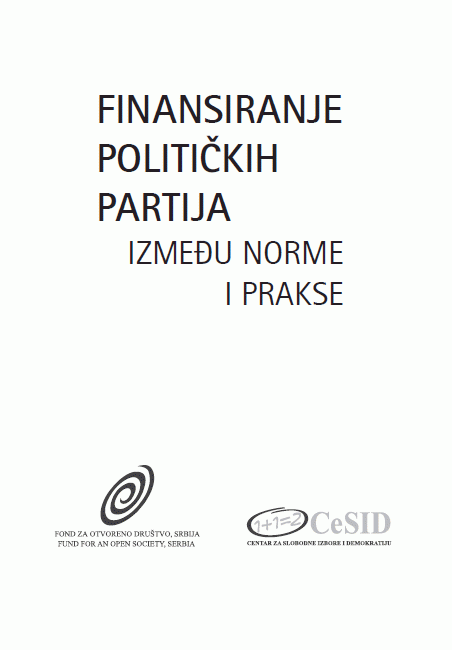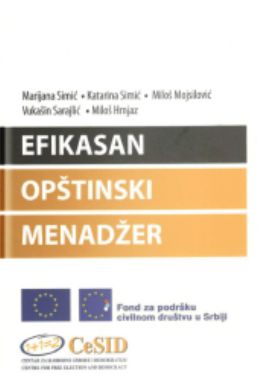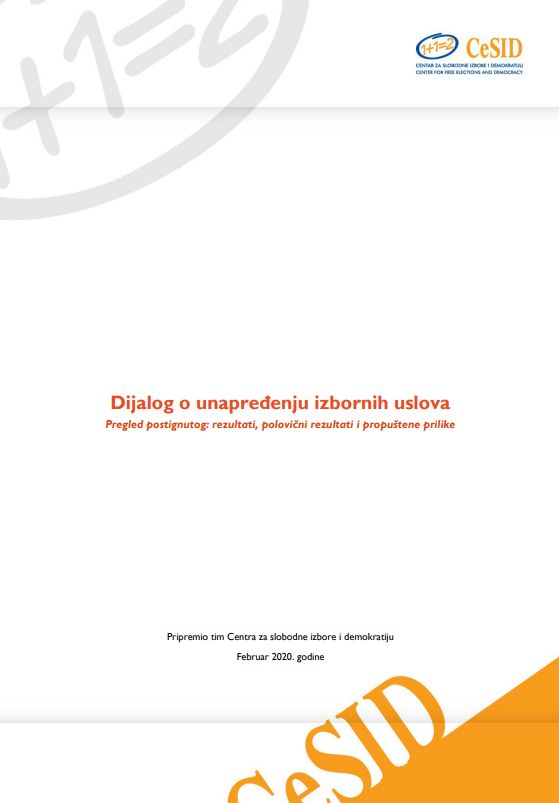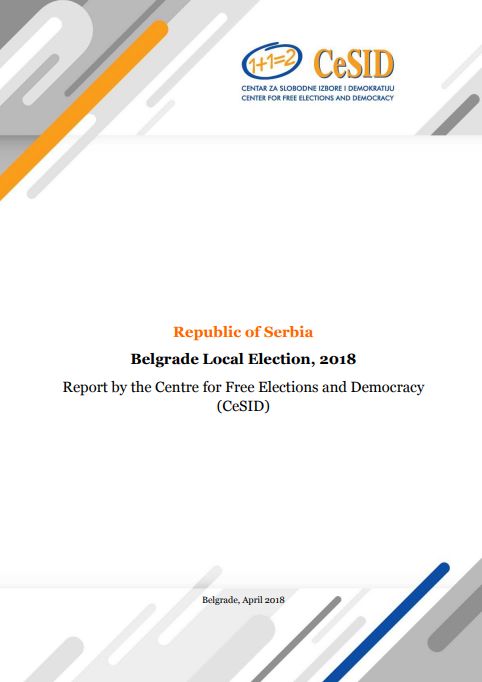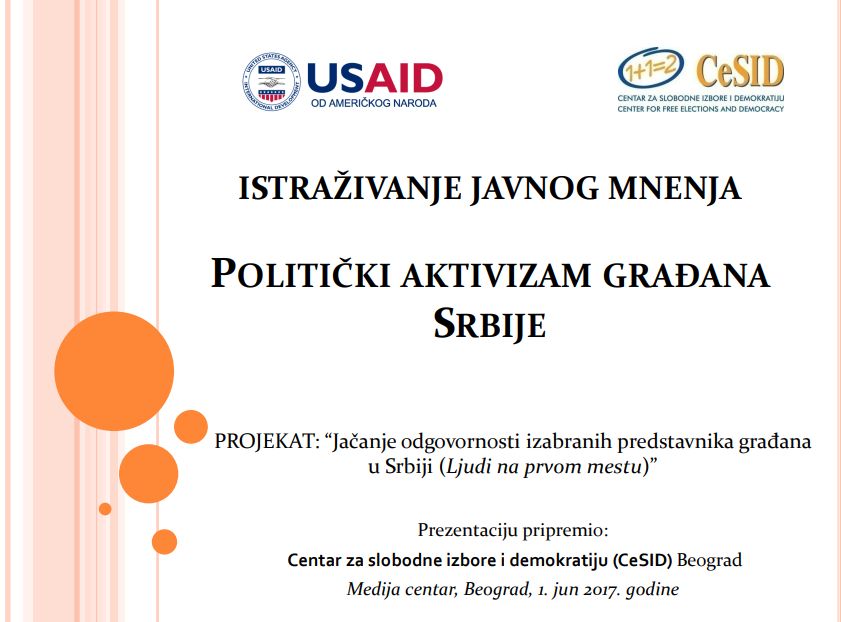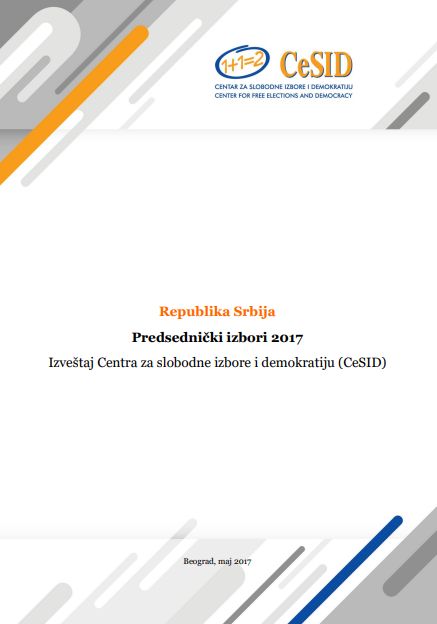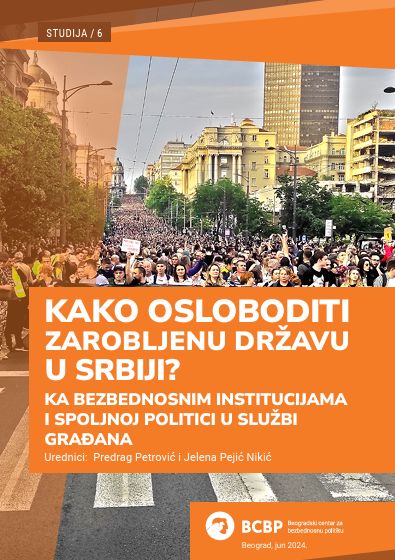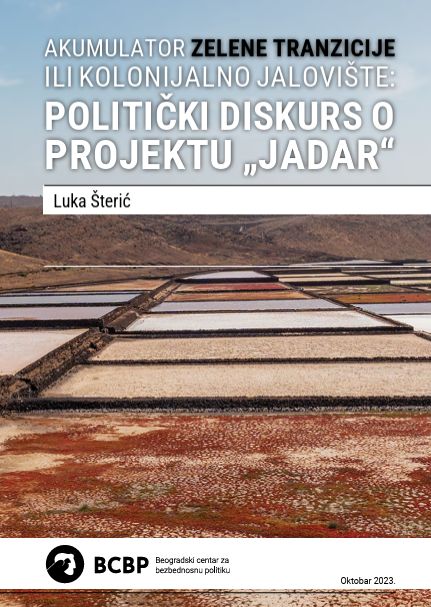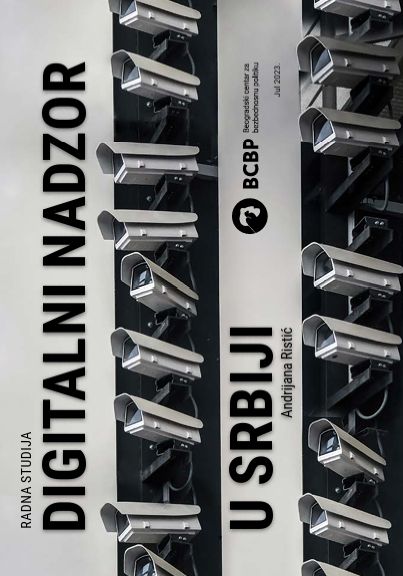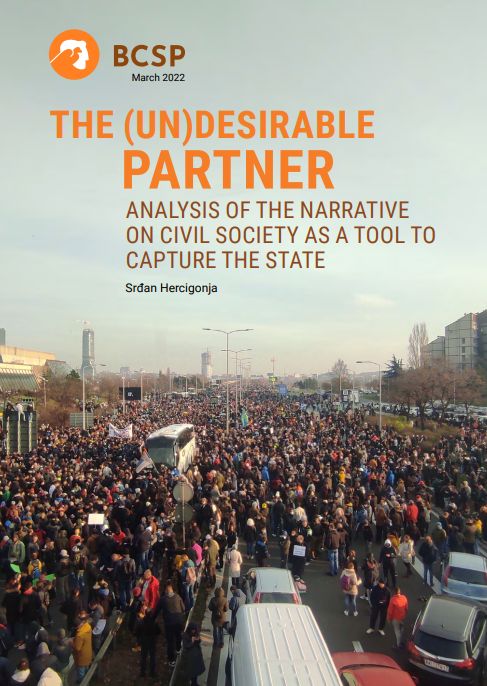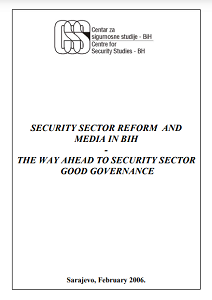
Security Sector Reform and Media in BiH - The Way Ahead to Security Sector Good Governance
The Security Sector Reform (SSR) in BiH is proving to be a major step forward in the institutional building process. Although an ongoing development, it has recently been characterized by some important improvements, especially as far as the adoption of the new Defence Law is concerned. In order to foster changes towards security sector good governance, the role played by the main civil society sections in monitoring the reform is crucial. Thus, the forthcoming years will be particularly important with regard to the extent to which media, representatives of civil society, centres of research, and NGOs will be able to participate in the process and constantly monitor the changes in the security landscape of the country. In particular, media play a vital role in providing an essential link between civil society and government. This is even more necessary with regard to security, the supply of this public good being an essential pre-condition to economic and political development. When media are independent, regulated and developed, the effectiveness of the cited role is more likely to come into force. Consequently, the absence of these conditions would seriously impair the possibility for media to function like a «watchdog» with regard to decision-making and policies adopted. On the other hand, the model of good governance of the security sector assumes a wider participation of civil society in the evolution of the security sector. This implies that several efforts have to be undertaken in order to keep the public informed on security issues. Therefore, a full participation of media in the SSR process would contribute to make the international and local institutions in charge of defence and security matters accountable and transparent toward the public. This report analyses media's coverage of security issues in BiH. Through an assessment of the complex relationship between media and the security sector in the country, the openness of the security sector itself will be taken into account. The ultimate aim of this study is to evaluate the pace to a good governance of the security sector for BiH. The report will use two important guidelines for enquiries. On the one hand, the extent to which the security institutions in BiH are accountable, open and responsible to media will be evaluated. The issue will be considered of primary concern since a substantial part of the relation at stake depends on the structure of the security sector. The research will further focus on the extent to which media are open to security institutions and specialized in dealing with security issues, the obstacles to quality journalism and capacity to report on security-related issues being one of the central aspects of media relation to security. Finally, the report will be partly based on the theoretical model of security governance, which assumes an increasing interaction between media and the state. Although many changes have taken place in the organisation of the security sectors of the most advanced democracies, a full media involvement is far from being reached since the extent of participation is dependent on both structural and contingent limits entailing the model itself.
More...
